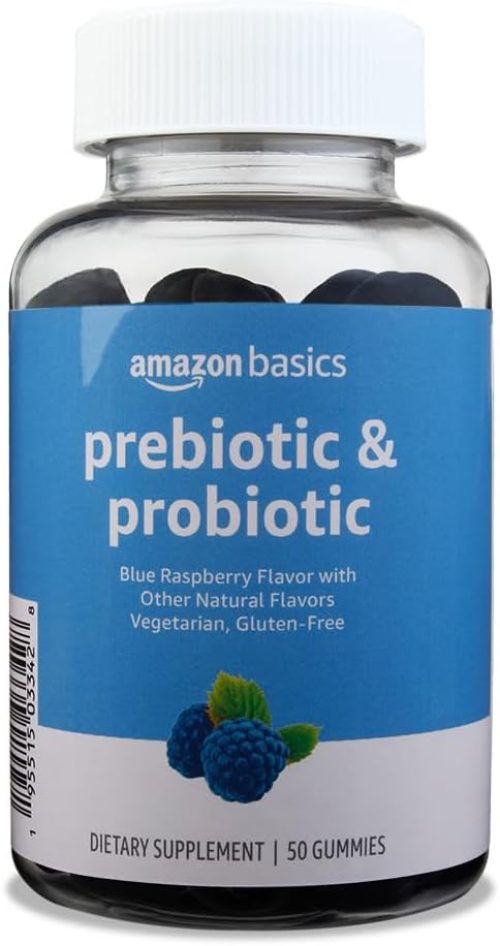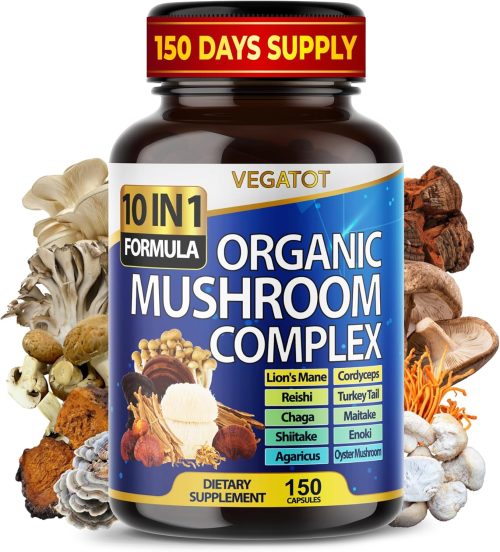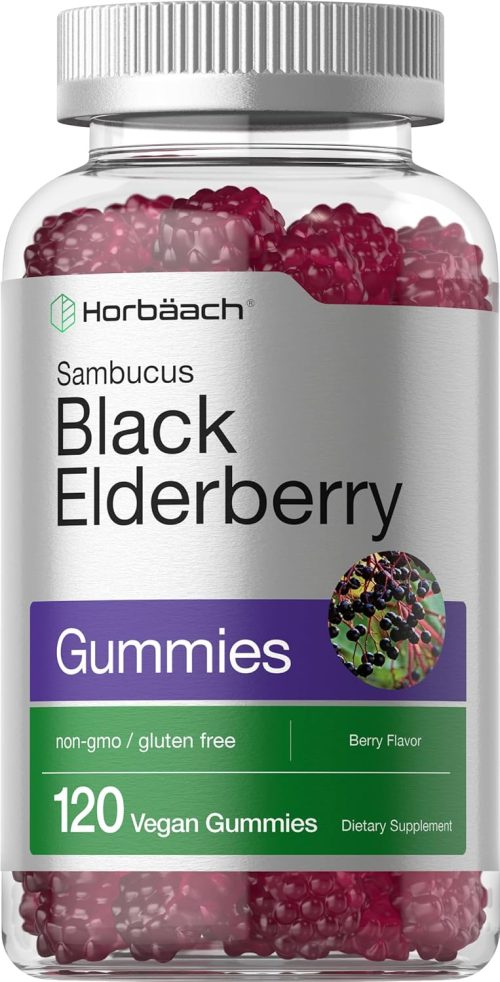
By including Omega-3 fatty acids in your daily routine, you might be surprised at the remarkable changes they can bring to your health. These powerful nutrients have been linked to numerous health benefits, but the real question is: how exactly can they transform your well-being? Let’s explore the science behind Omega-3s and their potential to revolutionize your overall health.
Importance of Omega-3 Fatty Acids
Understanding the significance of Omega-3 fatty acids is crucial for optimizing your health and well-being. These essential fats play a fundamental role in various bodily functions, ranging from brain health to reducing inflammation. Incorporating Omega-3s into your diet can have a profound impact on your overall wellness.
Omega-3 fatty acids are known for their anti-inflammatory properties, which can help alleviate symptoms of conditions like arthritis and improve heart health. These fats are also vital for brain function, supporting cognitive abilities and potentially reducing the risk of neurodegenerative diseases. Additionally, Omega-3s play a role in maintaining healthy skin, eyes, and joints.
Health Benefits of Omega-3s
Incorporating Omega-3 fatty acids into your diet can lead to a multitude of health benefits, ranging from improved heart health to enhanced cognitive function. Omega-3s are known for their anti-inflammatory properties, which can help reduce the risk of heart disease by lowering triglyceride levels, improving artery function, and potentially lowering blood pressure.
Additionally, these fatty acids are crucial for brain health, supporting cognitive function, memory, and mood regulation.
Omega-3s have also been linked to reducing symptoms of conditions like arthritis, promoting better eye health, and even supporting skin health by helping to manage oil production and hydration levels.
Moreover, these essential fats play a role in supporting overall immune function, which can help you fight off illnesses and infections more effectively. By including Omega-3 fatty acids in your diet, you’re taking a proactive step towards improving various aspects of your health and well-being.
Best Food Sources of Omega-3s
For optimal intake of Omega-3 fatty acids, consider including these top food sources in your diet. Fatty fish such as salmon, mackerel, sardines, and trout are excellent sources of Omega-3s. Aim to include these fish in your meals at least twice a week to meet your Omega-3 needs.
Flaxseeds and chia seeds are plant-based sources rich in alpha-linolenic acid (ALA), a type of Omega-3 fatty acid. Sprinkle them on your yogurt, oatmeal, or salads for a nutritious boost.
Walnuts are another great plant-based option to increase your Omega-3 intake. Incorporate them into your snacks or salads for a crunchy and healthy addition.
If you enjoy seafood, shrimp can also be a good source of Omega-3s. Be mindful of portion sizes and opt for grilled or baked preparations to keep it healthy.
Tips for Incorporating Omega-3s
To ensure you’re getting enough Omega-3 fatty acids in your diet, consider simple ways to boost your intake without making drastic changes to your eating habits.
Start by incorporating fatty fish like salmon, mackerel, or sardines into your meals at least twice a week. These fish are rich in EPA and DHA, the two most beneficial forms of Omega-3s.
If you’re not a fan of fish, try adding flaxseeds, chia seeds, or walnuts to your breakfast cereals, salads, or yogurt for a plant-based Omega-3 boost. Another easy way to increase your Omega-3 intake is by using flaxseed oil or walnut oil as a salad dressing or drizzling it over cooked vegetables.
For a quick and convenient option, consider taking Omega-3 supplements derived from fish oil or algae. Be mindful of the quality and purity of supplements to ensure you’re getting the full benefits.
Trending Products














